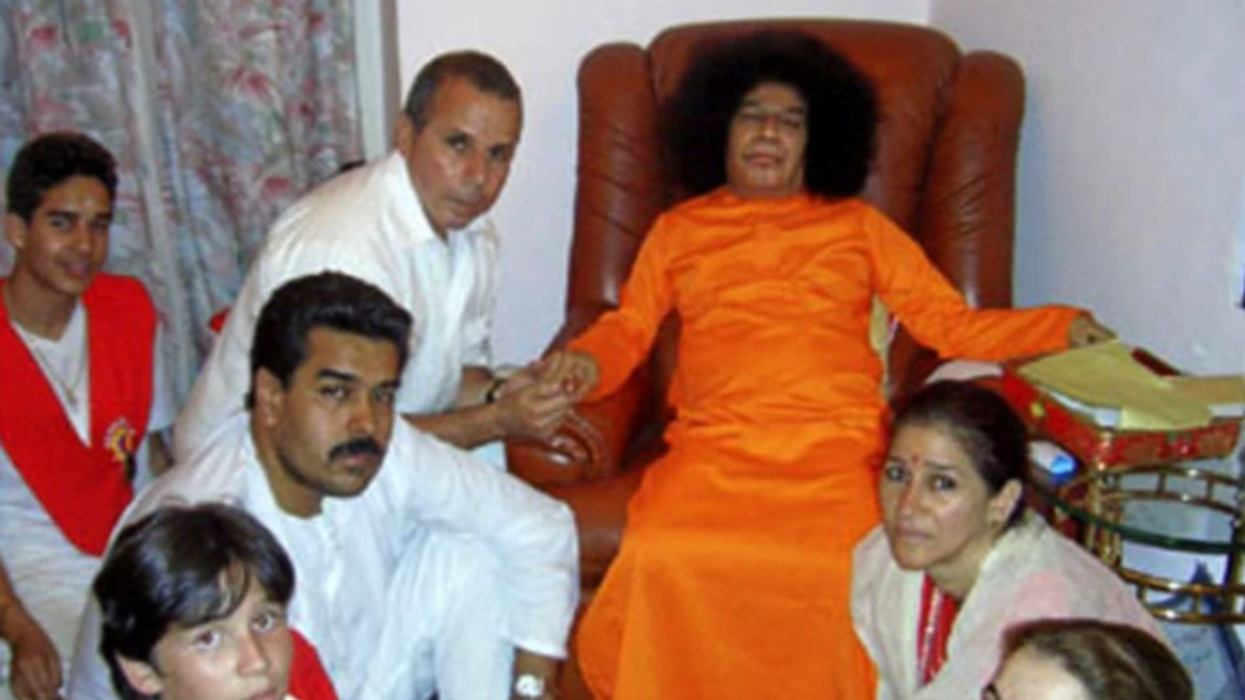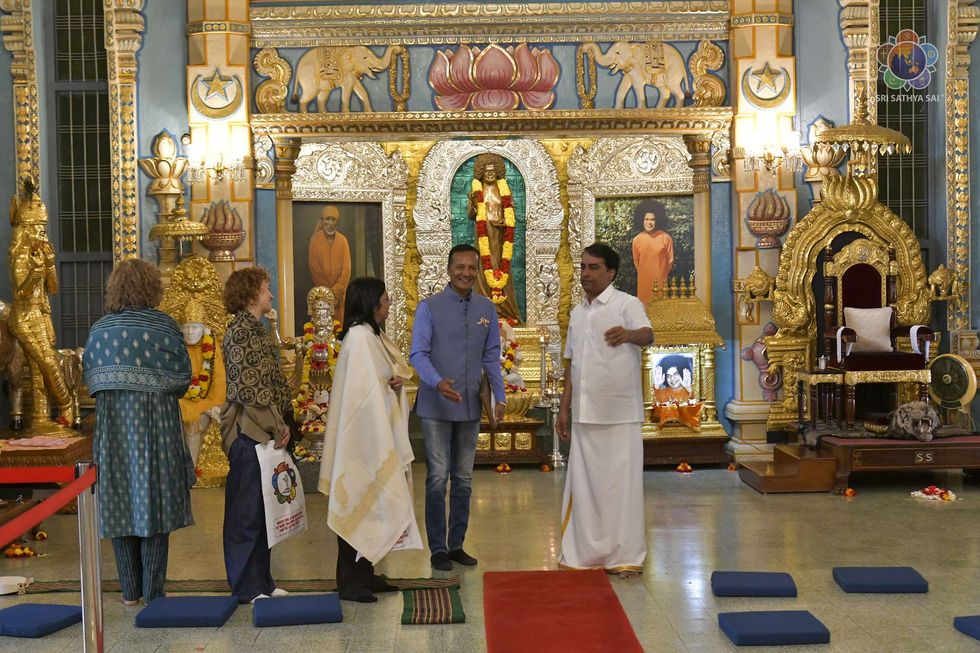TREVOR PHILLIPS, former head of UK’s equality watchdog, has pilloried the Labour Party’s decision to suspend him on charges of Islamophobia.
The anti-racism campaigner, who faced and investigation and probable expulsion from the party, said the move could be a “payback by Corbynistas for public criticisms I made of the leadership’s failure to tackle antisemitism in the party”.
It would be a “tragedy” if the current ways of Labour lead to a “spectacle of a great party collapsing into a brutish, authoritarian cult”, the former chairman of Equality and Human Rights Commission wrote in the Times.
The Labour Party wrote to Phillips, 66, that he was under “administrative suspension” and being investigated for comments, “which targets or intimidates members of ethnic or religious communities, or incites racism, including Islamophobia”, including some remarks he had made about Pakistani grooming gangs in the UK.
Phillips opined that the letter was “written, not in the language of a democratic, open political movement but in the cold-eyed, accusatory prose of the zealot”.
Notably, Phillips was among 24 eminent figures had publicly denounced Labour’s alleged antisemitic stance last year. The group had also accused party leader Jeremy Corbyn of having “a long record of embracing antisemites as comrades”.
Phillips said his suspension could be “an attempt to scare the Equality and Human Rights Commission, which I used to lead and which is investigating Labour's handling of anti-Semitism”.
“Weaponising Islamophobia to attack political opponents may seem like clever tactics but trying to intimidate a legally independent organisation is pure political gangsterism,” he added.
Describing himself as “a person of colour, with a family heritage of Fulani and Mandinka Muslims going back 1,000 years until ripped apart by transatlantic slavery”, Phillips told The Times that “no one inside or outside the Labour Party has ever suggested that I have broken any rules”.
Speaking on BBC Radio 4’s Today, he said: “I'm surprised about what is and always has been an open and democratic party decides that its members cannot have healthy debate about how we address differences of values and outlooks.
“Let us be clear about this. They say I'm accusing Muslims of being different.
“Well, actually, that's true. Muslims are different and, in many ways, I think that's admirable.”
Though many of the Phillip’s comments dated back years, Labour general secretary Jennie Formby maintained that “urgent” actions were needed “to protect the party’s reputation”.
A Labour spokeswoman said the party “takes all complaints about Islamophobia extremely seriously and they are fully investigated in line with our rules and procedures, and any appropriate disciplinary action is taken”.
Phillips, however, said Labour’s move seemed “peculiar to make an example of someone who introduced the term ‘Islamophobia’ to British politics by commissioning the Runnymede Trust’s 1997 report on the issue; and who then, as head of the Commission for Racial Equality, worked closely with Labour on the Racial and Religious Hatred Act 2006 that protects Muslims from incitement”.
Muslim Council of Britain spokesman Miqdaad Versi said the body had found some of Philips’ comments “seriously problematic” and appealing to the far-right, but not raised any complaint with Labour.
Versi said: “What we can say very clearly is that the statements he has made on a number of different things would not be statements that he would make against other communities. He keeps on cherry-picking information to create this narrative that Muslims are different from everyone else.”
Phillips had opposed moves to extend a definition of Islamophobia drawn up by an all-party parliamentary group as “a kind of racism” against “Muslimness”, arguing that Muslims could not be considered a race because they constituted a multiracial group “united by a faith and a belief”.
When asked about his comment in 2016 that UK’s Muslims were “becoming a nation within a nation”, Phillips told BBC Radio 4: “There’s all sorts of differences in our society, and the central point of my pamphlet was to say we cannot continue simply to say that differences won’t matter.
“In my view, it’s a form of disrespect to say to people: ‘Oh, don’t worry, the differences of values that they have, the beliefs that this or that group have, they’ll get over it.’”
On far-right campaigner Tommy Robinson using the “nation within nation” phrase in his anti-Islamic tirade, the former broadcaster said: “As my grandmother says, just because the devil picks up a tune doesn’t mean it is a bad tune.”
Phillips maintained that there was nothing wrong in Muslims being judged collectively.
“You keep saying that I make these generalisations. But the truth is, if you do belong to a group, whether it is a church, or a football club, you identify with a particular set of values, and you stand for it,” he said. “And frankly you are judged by that.”
Phillips said the suspension meant “banishment from a community that I have inhabited for decades: friends, colleagues, even family may be compelled to shun me”, adding that the “threat to expel” him was “drawn up in secret” and his fate will be “decided in absentia”.
“If this is how Labour treats its own family, how might it treat its real opponents if it ever gains power again?” he wondered.





 Delcy Rodríguez visited Prasanthi Nilayam on October 26, 2024, to pay her obeisances to Sai Baba. (Photo credit: Sri Sathya Sai Media Centre))
Delcy Rodríguez visited Prasanthi Nilayam on October 26, 2024, to pay her obeisances to Sai Baba. (Photo credit: Sri Sathya Sai Media Centre))





